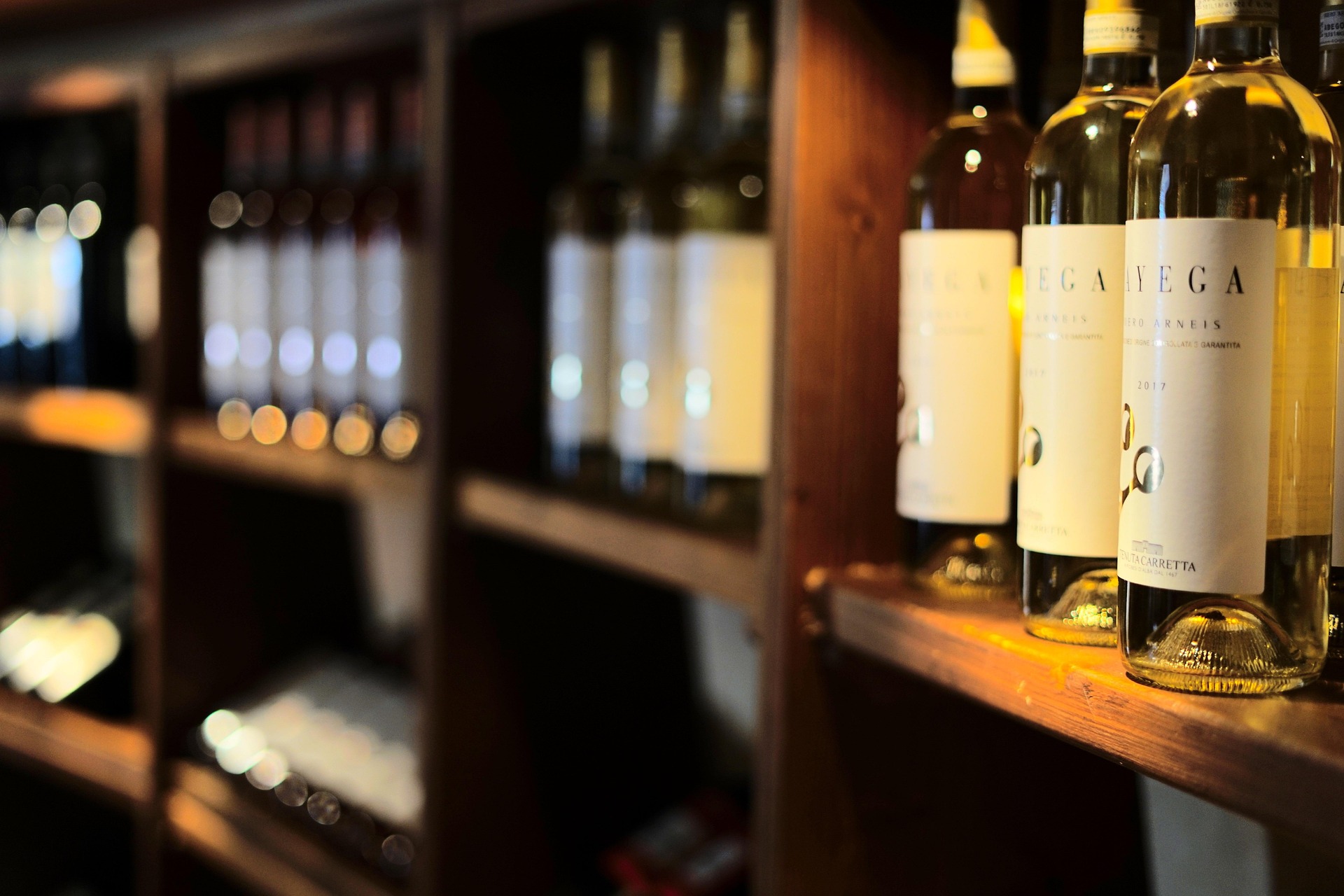- Shanghai ZhongShen International Trade Co., Ltd., with 20 years of experience in foreign trade import and export agency services.
Home » Food & Beverages » How to choose a reliable overseas wine distributor? How to deal with distributor breach of contract? What are the specific requirements for export qualifications?

How can we assess the reliability of an overseas red-wine distributor’s credentials?
When selecting an agent, the following key documents must be verified:
- Legal business qualifications: Provide original scanned copies of the alcohol import license, food distribution license, and tax registration certificate.
- Proof of Warehousing Capacity: Provide the lease contract or property ownership document for the temperature-controlled warehouse, with the temperature required to be maintained between 12–18 °C.
- Distribution Channel Audit: Require the distributor to provide a list of sales channels for the past two years, with a focus on verifying the proportion of terminal channels such as supermarkets and restaurants.
- Solvency: Confirm its working capital scale through a bank credit certificate; it is recommended to require a 30% advance payment for the first order.
What risk clauses should be noted when signing an agency agreement?
The contract must clearly stipulate the following key clauses:
- Minimum Purchase Quantity Clause: It is recommended to set tiered purchase-volume targets—e.g., 1,000 cases in the first year, increasing by 15% in the second year.
- Market protection clause: Exclusive agency territory agreed upon; cross-regional sales prohibited.
- Overstock Disposal Plan: Clarify the return and exchange mechanism for red wine that has been in inventory for more than 12 months.
- Trademark Usage Rights: Define the scope and duration of trademark use in brand promotion by authorized distributors
What special documents are required for exporting red wine?
In addition to the standard customs documents, special attention should be paid to:
- Certificate of OriginBook: The place of origin of the grapes and the location where the wine was produced must be indicated.
- Alcohol hygiene certificate: The testing items must include 12 indicators such as methanol and heavy metals.
- Year Verification Document: Certification of the grape harvest year issued by the regional wine authority
- Temperature-Controlled Transportation Record: Full cold-chain transport requires a temperature-monitoring curve graph
How to design a reasonable logistics transportation plan?
It is recommended to adopt a combined transportation strategy:
- ?Ocean shipping?Container Selection:
- A 20-foot temperature-controlled container holds approximately 9,000 bottles.
- A 40-foot high-cube container is recommended to load different grades of wine in tiers.
- Earthquake-resistant packaging requirements:
- The bottle must be individually wrapped with EPE pearl cotton.
- Outer-box compression strength ≥ 800 kg/m2
- Transportation Insurance Clauses: It is recommended to take out All Risks insurance, with special mention of the breakage and leakage compensation clause.
What should I do if an agent defaults on payment?
It is recommended to adopt tiered response measures:
- Phase 1 (30 days overdue): Suspend the execution of new orders; a bank payment slip is required.
- Phase II (60 days overdue): Initiate cargo preservation procedures and contact the local customs to place the inventory on temporary hold.
- Stage 3 (90 days overdue): Initiating legal proceedings under the ICC arbitration clause
How do tax treatments differ across target markets?
Tax and fee standards for major markets (effective 2025):
- EU market: VAT rate 20%–27%, customs duties levied by alcohol concentration tiers
- US Market: Federal excise tax is $0.21–$0.31 per bottle; state taxes vary widely.
- Southeast Asian market: A 5%–15% tariff preference is available under the ASEAN Free Trade Agreement.
- Middle East market: Halal certification must be obtained in advance; the religious tax rate is 12% of the product value.
Category Case
Contact Us
(+86) 139 1787 2118
Email: service@sh-zhongshen.com
Email: service@sh-zhongshen.com
Recommended for You
Contact via WeChat

? 2025. All Rights Reserved.








